Do you sometimes face the challenge how to address gender in your work or projects?
The brochure “Making EU Forest Action more gender inclusive” with Quick tips might help.
Forests and Gender
Why does gender matter for forests? Forests provide goods, services, employment and income to an estimated 2.5 billion people worldwide, and over one billion people depend on forest resources for their daily needs and livelihoods. Women and men do collect and harvest forest products, such as food, fuelwood, construction materials, and medicine. However, women and men often play different roles in forestry and agroforestry value chains, and in the use, management and protection of forests. As a result, they have different needs and opportunities. Understanding the different roles women and men play in forest-related activities is essential. Moreover, women often have less access to and control over the forest resources, and enjoy less economic opportunities. Their roles are often less visible and recognised, and as a result the women’s contribution to the sector does not reach its full potential.
Practical Tips
The brochure provides practical tips for EU Delegations and EU supported projects’ staff on how to mainstream gender equality in EU forest actions. The tips are grouped in four categories, and for each of these, one or two examples are provided below.
Policy dialogue:
- Promote gender equality during dialogues with government, in policies supported by EU and across sectors.
- Gender transformation is about changing norms in the long term, and both women and men need to be on board. This requires creating platforms where men and women can interact, exchange and collaborate – both at local and higher levels.
Analysis and data:
- Undertake a gender-sensitive analysis of value chains, identifying amongst other things male and female actors and their specific opportunities, needs and constraints.
Gender-sensitive project implementation:
- Make sure that implementing partners have gender expertise and budget to implement gender actions and to do gender-related monitoring and research.
- Assign responsibility for gender-equality results to senior leadership to ensure follow up and accountability in projects.
Women in decision-making bodies:
- Support women’s participation in forest-related decision-making bodies, to achieve a gender balance in forestry associations and forest user groups, and enable women to participate fully in decision-making processes.
Snapshot of selected quick tips:
Brochure
The brochure with the complete list of tips was published by the European Commission in 2023 and can be found here. The brochure also explains the EU Gender policies, the Gender Action Plan 2021-2025 (GAP III), and why gender matters for forests.
Fair & Sustainable (F&S) consultant Jochem Schneemann: “Gender is about men and women. Without involving men at both policy and field levels it will be difficult to achieve gender equality. We recommend that projects avail of gender expertise, of time (for analysis, monitoring and to invest in gender tasks) and finally of a budget for gender mainstreaming”.
The brochure was developed by :
- Jochem Schneemann
- with the help of colleagues of the Forests for the Future Facility (F4F), and
- inputs from Emma Feenstra, associate of F&S.
Fair & Sustainable Consulting (Netherlands, Ethiopia, Kenya) has over a decade of experience working on gender equality and women’s empowerment in many sectors and countries.
Jochem Schneemann is key expert Value Chains of the EU-funded Forests for the Future Facility (F4F), implemented by a consortium led by Particip GmbH. The F4F is managed by the DG International Partnerships Unit F2 and provides technical support to contribute to healthy forest ecosystems and forest-related value chains in Asia, Africa, the Caribbean and Latin America.
For more information: Jochem.schneemann@fairandsustainable.org or info@fairandsustainable.org
